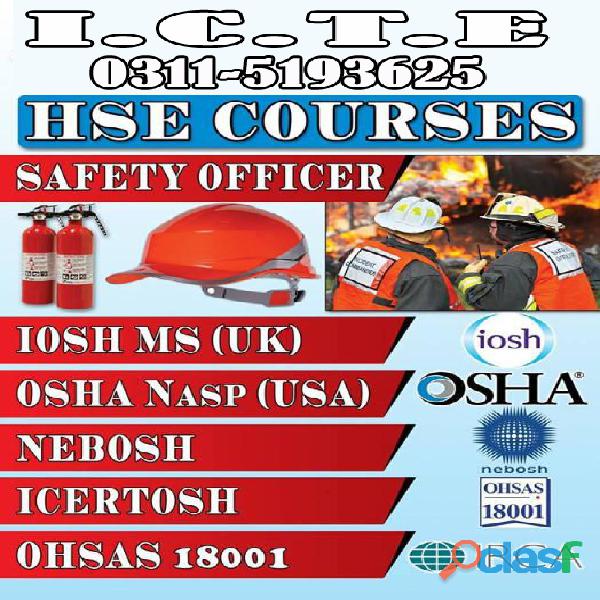RIGGER LEVEL 4 COURSE IN RAWALPINDI ISLAMABAD PAKISTAN IN RAWALPINDI
Rigger Level 4 Course in Rawalpindi Islamabad Pakistan,Rigger Level 4 Course in Rawalpindi Islamabad Pakistan,Rigger Level 4 Certified Course in Rawalpindi Islamabad Pakistan,Rigger Level 4 Certified Course in Rawalpindi Islamabad Pakistan,international college of technical education in rawalpindi pakistan,best rigger level 4 training institute in rawalpindi pakistan international college of technical education,certification acceptable in world wide and government job admission open for boys and girls new session coming soon Office # 27, Second Floor, Maryam Shadi Hall Plaza
(Airies Plaza), Shamsabad, Murree Road,
Rawalpindi, Pakistan 0311-5193625, 0092-335-4176949,Delegates will learn the basic level of safe rigging and slinging for safe working practices associated with lifting accessories, lifting appliances and lifting operation in general.Initial Training Programme are to provide the delegate with knowledge of the rigging principles, general hazards and risks of rigging and lifting operations, an awareness of relevant legislation and regulation, and an opportunity to practice basic rigging operations following a lifting plan. Stage 2 takes place on-site where personnel will complete workforce requirements under supervision.The purpose of this qualification is to provide the rigging sector with people who have attained advanced rigging skills and knowledge. They will be able to plan, prepare documentation, carry out and control complex rigging operations safely. They will also be able to supervise and lead a team carrying out advanced rigging activities.Graduates of this qualification will be able to safely set up and control the movement of loads over distance, which are usually suspended at heights. Advanced riggers supervise and lead a team during complex rigging operations.Graduates of this qualification will be capable of working autonomously.Exposing participants to a variety of equipment and applications including multiple-crane lifting, load turning, load drifting with chain hoists, jacking and rolling using mechanical, pneumatic and hydraulic systems, winching and blocking with incline planes, and managing the center-of-gravity with multiple axes. See below for a full course outline and learning objectives.The typical Master Rigger participant has had some exposure (2-10 years) to crane and rigging operations. Participants comprise a wide range of roles including field engineer, lifting supervisor, crane and rigging manager, safety personnel as well as a multitude of crafts including millwright, boilermaker, pipefitter, ironworker, mechanic, rigger, machinery mover and several others.
Inclined Planes
Load Control
Center of Gravity
Snatch Block & Winch Systems
Come-a-Longs & Chain Falls
Jacking & Rolling
Rigging Design
Lifting Angles
Compound Loading
Multiple Hitch Systems
Load Turning
Rigger duties and responsibilities
Terms and definitions of various lifting/rigging terminology
Introduction to various types of slings (webbing slings, wire rope slings and chain slings)
Rejection criteria of lifting accessories
Types of lifting hitches
Sling angles
Types of Shackles, eye bolts and hooks, chain block , turn buckles and their inspection
Proper lifting techniques
Communication and Hand Signals during Lifting
Hazards associated with cranes operation
Practical Session
Assessment
(Airies Plaza), Shamsabad, Murree Road,
Rawalpindi, Pakistan 0311-5193625, 0092-335-4176949,Delegates will learn the basic level of safe rigging and slinging for safe working practices associated with lifting accessories, lifting appliances and lifting operation in general.Initial Training Programme are to provide the delegate with knowledge of the rigging principles, general hazards and risks of rigging and lifting operations, an awareness of relevant legislation and regulation, and an opportunity to practice basic rigging operations following a lifting plan. Stage 2 takes place on-site where personnel will complete workforce requirements under supervision.The purpose of this qualification is to provide the rigging sector with people who have attained advanced rigging skills and knowledge. They will be able to plan, prepare documentation, carry out and control complex rigging operations safely. They will also be able to supervise and lead a team carrying out advanced rigging activities.Graduates of this qualification will be able to safely set up and control the movement of loads over distance, which are usually suspended at heights. Advanced riggers supervise and lead a team during complex rigging operations.Graduates of this qualification will be capable of working autonomously.Exposing participants to a variety of equipment and applications including multiple-crane lifting, load turning, load drifting with chain hoists, jacking and rolling using mechanical, pneumatic and hydraulic systems, winching and blocking with incline planes, and managing the center-of-gravity with multiple axes. See below for a full course outline and learning objectives.The typical Master Rigger participant has had some exposure (2-10 years) to crane and rigging operations. Participants comprise a wide range of roles including field engineer, lifting supervisor, crane and rigging manager, safety personnel as well as a multitude of crafts including millwright, boilermaker, pipefitter, ironworker, mechanic, rigger, machinery mover and several others.
Inclined Planes
Load Control
Center of Gravity
Snatch Block & Winch Systems
Come-a-Longs & Chain Falls
Jacking & Rolling
Rigging Design
Lifting Angles
Compound Loading
Multiple Hitch Systems
Load Turning
Rigger duties and responsibilities
Terms and definitions of various lifting/rigging terminology
Introduction to various types of slings (webbing slings, wire rope slings and chain slings)
Rejection criteria of lifting accessories
Types of lifting hitches
Sling angles
Types of Shackles, eye bolts and hooks, chain block , turn buckles and their inspection
Proper lifting techniques
Communication and Hand Signals during Lifting
Hazards associated with cranes operation
Practical Session
Assessment
4.00/5
1 reviews


⟩
Photo 1 / 9










CONTACT




